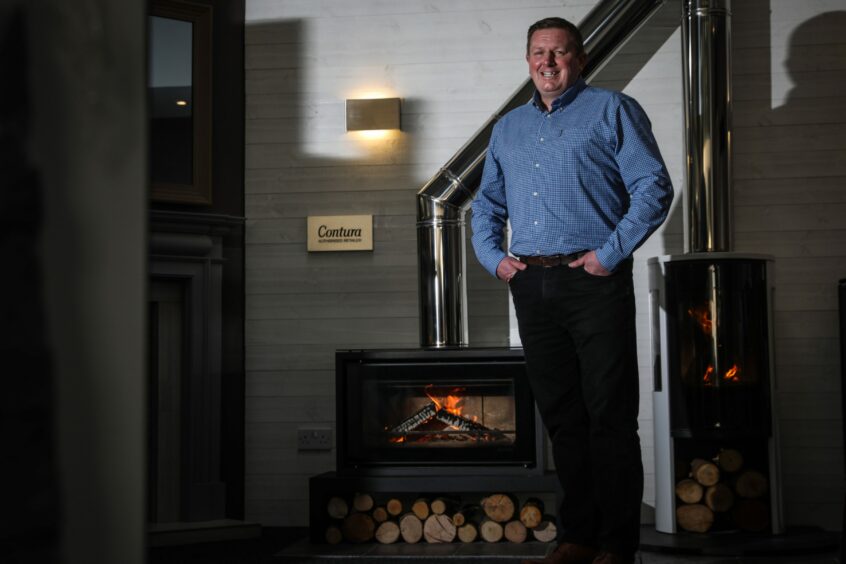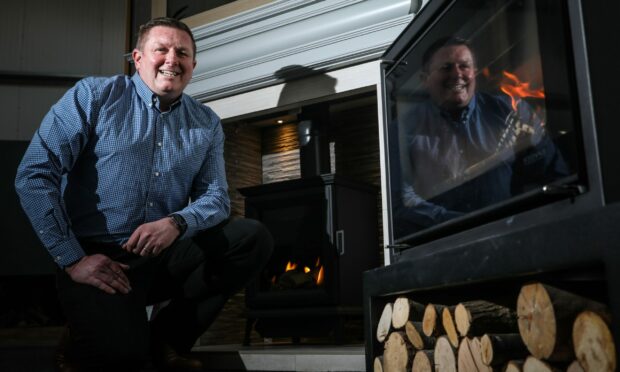Wood burners. They look nice and make your home cosy, so why do some people want them banned?
To answer that question, we’ll be looking at why wood burning stoves have been a source of controversy.
And how the latest technology could be saving them from the axe.
What’s not to love about a nice stove?
Wood burners are not just a trendy must-have for many property owners, they are also a vital source of heat for many.
Rural residents are particularly reliant on them.
And rocketing energy prices are encouraging more people to turn to wood burning.
But some, including the clean air campaign Mums for Lungs, have called for them to be banned.
This is because of the particulate matter they emit.
Domestic wood burning creates PM2.5 particles – particles with a diameter of 2.5 microns or less. These are so small they can enter the bloodstream and can kill.
The have been linked to premature deaths caused by cardiovascular and respiratory disease, and cancers.
Should stove owners be worried?
Well, yes, if your stove is an older model.
If that’s the case, you should consider replacing it with a modern design.
The newest “Ecodesign” models can reduce emissions of the most dangerous particles by nearly 90%.
Gary Turnbull runs Fire Surround Centres in Dundee with his brother Graeme.
He believes stoves are being “unfairly blamed” for air pollution.

And he says figures for air pollution caused by wood burning stoves will improve as old technology is replaced.
“This should end any notion of banning stoves too, as the figures prove they have been unfairly blamed for emissions created elsewhere.
“We see many home owners who essentially use their stove as a primary heat source. Certainly in rural areas they are absolutely crucial to wellbeing.”
Where there’s fire, there’s smoke
Since the start of the year, all new stoves installed in homes must now meet the Ecodesign standard.
This is a crucial development for the wood burning stove industry.
Air quality may have improved dramatically in recent decades, but there are still areas in Scotland where it could be better.
For now, the Scottish Government has no plans to ban wood burning stoves.
Instead, a government spokesperson said there is a drive to encourage take up of “the cleanest and most technologically advanced stoves on the market”.
Under the government’s clean air strategy there are plans to ban the sale of house coal and the “most polluting manufactured solid fuels”.
The sale of wet wood is likely to be phased out.
Burning wood with a moisture content of less than 20% reduces emissions by around 80% compared to wet wood.
The science agrees – up to a point
Professor Jill Belch from Dundee University, who is standing as a Green candidate in this year’s local elections, is a staunch campaigner for better air quality.
She says an Ecodesign model is “absolutely the way to go”.
“If you don’t have a wood fire that is to the current eco standard, I would get rid of it for the sake of your own health and that of your neighbours.”
But that comes with the caveat that no wood burner is perfect and even the best technology won’t completely address the issue of air pollution.
“We all love a wood stove,” she says.
“However, no matter how high a standard you go to, you will still get some emissions.”










